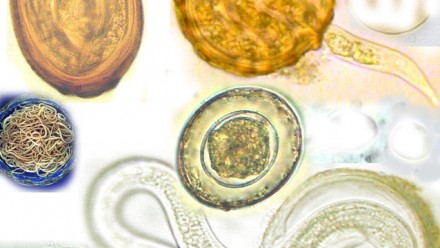PhD Thesis Proposal Review Seminar - Integrated strategies to control soil-transmitted helminth infections in children in Timor-Leste
Share
Soil-transmitted helminth (STH) infections represent a significant global health issue, with over 1.5 billion people infected worldwide. STH infections in children can lead to impaired physical and cognitive development. Repeated treatment with deworming medications is the principal control strategy advocated by World Health Organization; however, water, sanitation and hygiene (WASH) interventions are also thought to be important in long-term control of STH infections.
STH control campaigns have typically focused on school-aged children, but emerging evidence from mathematical modelling studies suggests that such programs should be broadened to include the whole community, in order to minimise morbidity and interrupt STH transmission. Increasing global interest in the control of STH infections and other neglected tropical diseases has led to significant donations from major pharmaceutical companies. Further research is needed to ascertain whether these current resources are adequate for the long-term control of STH, and to develop an understanding of how best to use these resources to induce maximum impact.
The proposed PhD research seeks to implement and evaluate a pilot project in Timor-Leste, comparing the impact of school vs community-based integrated STH control programs (deworming and WASH interventions). The impact of these programs on the prevalence and intensity of STH infections in school-aged children will be examined, as well as impact on morbidity indicators such as stunting, wasting and anaemia. Additional work will be undertaken to compare different laboratory techniques for the diagnosis of STH infections, as well as to explore different approaches to providing sanitation improvements in developing countries, using Timor-Leste as a case example.












